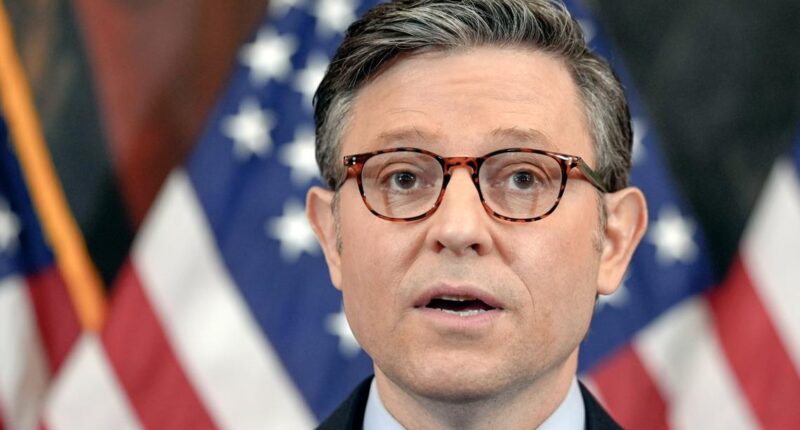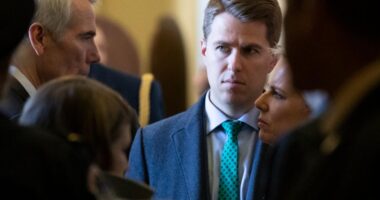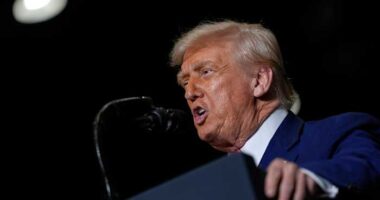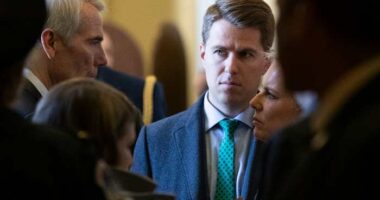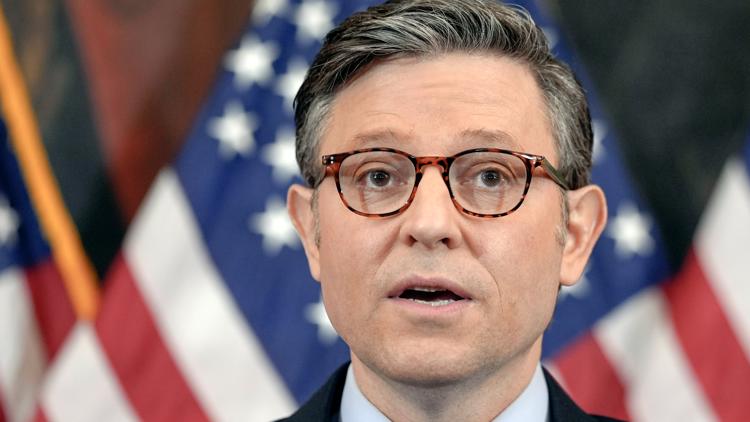
Trump’s sudden decision leaves House Speaker Mike Johnson scrambling to salvage a new plan, days before Friday’s deadline to keep government open.
President-elect Donald Trump disrupted bipartisan congressional budget negotiations by rejecting the proposed measure, accusing it of favoring Democrats. The decision, supported by billionaire Elon Musk, resulted in widespread outrage and opposition from Republican lawmakers.
Alongside Vice President-elect JD Vance, Trump issued a joint statement that effectively halted progress on the bill. The move followed a series of tweets from Musk criticizing the budget for its excessive spending.
Musk took to social media to rally against what he perceived as a misuse of taxpayers’ money. He urged his followers to oppose the bill and threatened primary challenges against any supporters. Trump mirrored Musk’s sentiments in his own social media post.
The episode showcased the growing political influence of Musk, whom Trump has selected alongside entrepreneur Vivek Ramaswamy to spearhead the Department of Government Efficiency, a nongovernmental task force formed to find ways to fire federal workers, cut programs and reduce regulations.
Rep. Andy Barr, a Republican from Kentucky, said his office was flooded with calls from constituents.
“My phone was ringing off the hook,” he said. “The people who elected us are listening to Elon Musk.”
In his statement with Vance, Trump said Republicans should restart negotiations over the legislation, arguing that “anything else is a betrayal of our country.” He also called for including an extension of the debt ceiling while President Joe Biden is in office.
“Increasing the debt ceiling is not great but we’d rather do it on Biden’s watch,” they said. “If Democrats won’t cooperate on a debt ceiling increase now, what makes anyone think they would do it in June during our administration? Let’s have this debate over the debt ceiling now.”
Trump’s opposition to what was considered must-pass legislation reinjected a sense of chaos and political brinkmanship that was reminiscent of his first term in office. It was a dramatic turn of events for House Speaker Mike Johnson, who negotiated the bill and has been undermined by Trump as he faces reelection for his post in just a couple of weeks. Republicans have a slim majority, raising the possibility of a replay of leadership disputes that paralyzed the House a year ago.
Many lawmakers were in the middle of holiday and year-end celebrations with staff when Trump came out against the legislation.
“I’ve been here 14 years, OK? So nothing up here surprises me anymore,” said Rep. Steve Womack, a senior Republican appropriator from Arkansas. “We shouldn’t be in this mess.”
The Biden administration criticized the possibility of a shutdown.
“Republicans need to stop playing politics with this bipartisan agreement or they will hurt hardworking Americans and create instability across the country,” said White House press secretary Karine Jean-Pierre.
Grover Norquist, president of Americans for Tax Reform and a veteran of Washington’s budget battles, was concerned about the lack of a clear plan for resolving the dispute.
“There’s got to be a second part of the strategy,” he said.
Norquist has been enthusiastic about Musk’s ability to generate public attention for efforts to reduce the size of government. But he suggested that the owner of a space rocket company wasn’t the right person to spearhead a congressional spending debate.
“He doesn’t know politics like he knows physics,” he said.
But others were thrilled with Musk’s involvement.
“In five years in Congress, I’ve been awaiting a fundamental change in the dynamic,” posted Rep. Dan Bishop, a Republican from North Carolina. “It has arrived.”
Musk began criticizing the measure as soon as it was released Tuesday evening, and he continuously posted about it Wednesday.
“Any member of the House or Senate who votes for this outrageous spending bill deserves to be voted out in 2 years!” he wrote. He also called it “one of the worst bills ever written.”
Sometimes Musk amplified false claims, such as the idea that the legislation included $3 billion for a new football stadium in Washington. In reality, the legislation would transfer ownership of the land from the federal government to the city, paving the way for eventual development.
Musk appeared emboldened by the experience.
“The voice of the people was heard,” Musk wrote. “This was a good day for America.”
Democratic House leader Hakeem Jeffries said the fallout would be Republicans’ fault.
“You break the bipartisan agreement, you own the consequences that follow,” he wrote on X.
